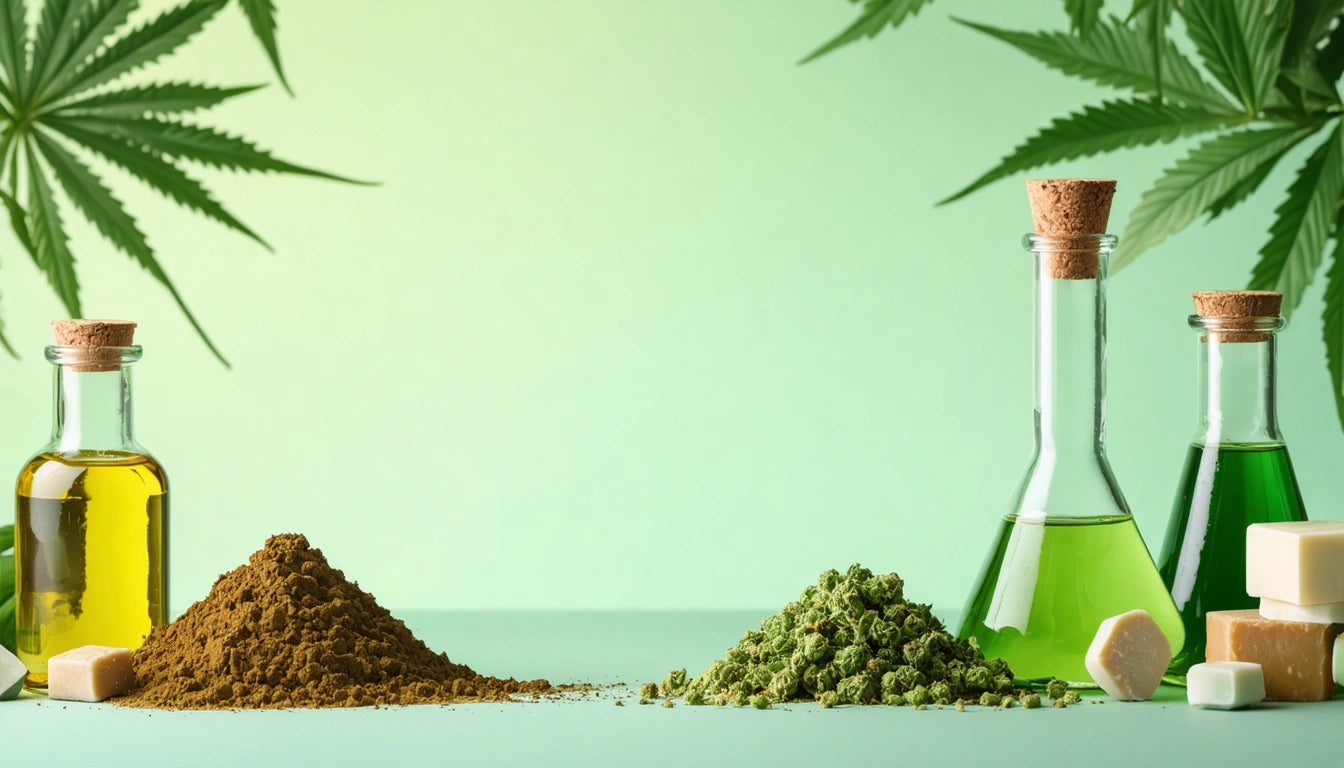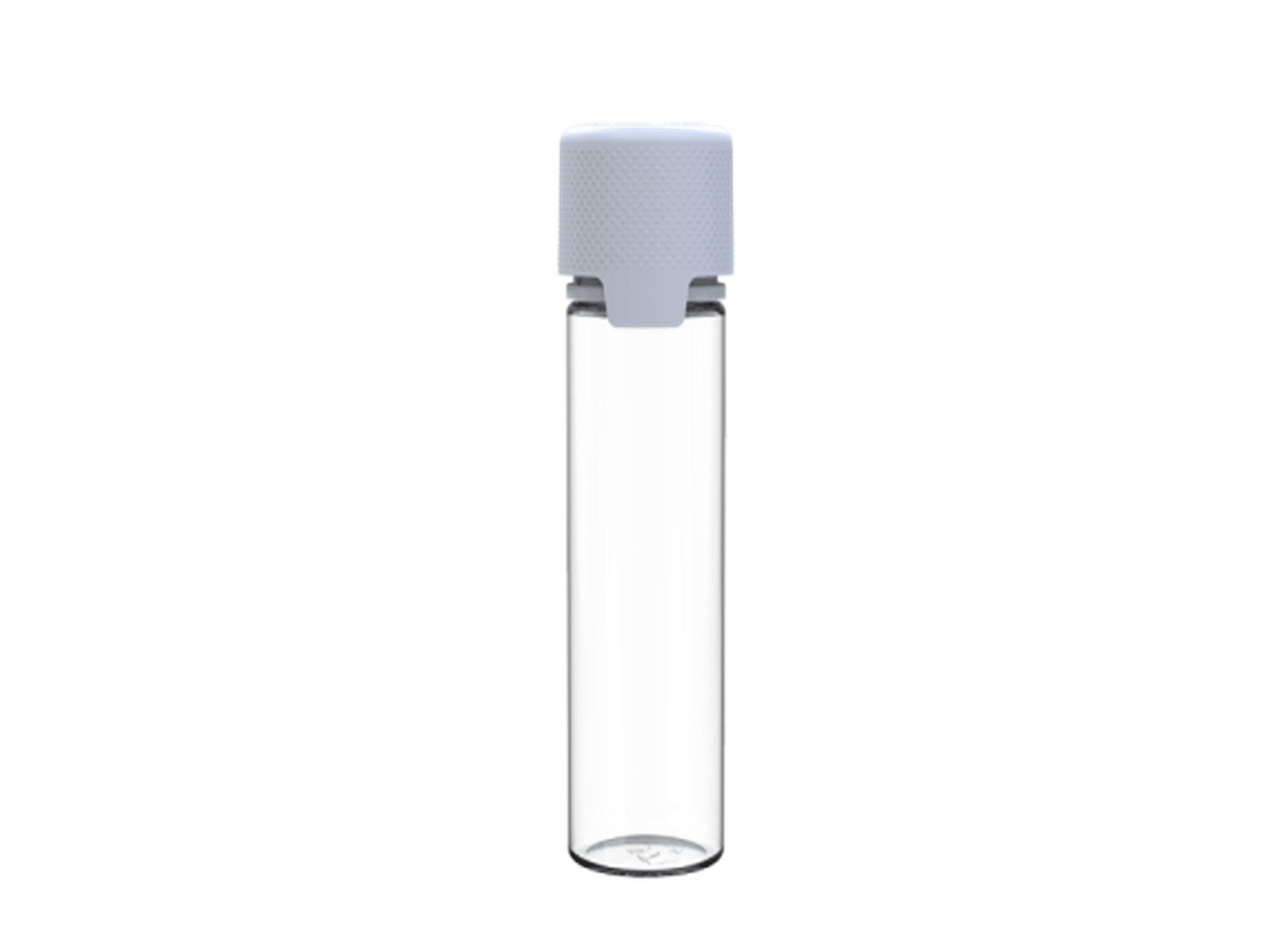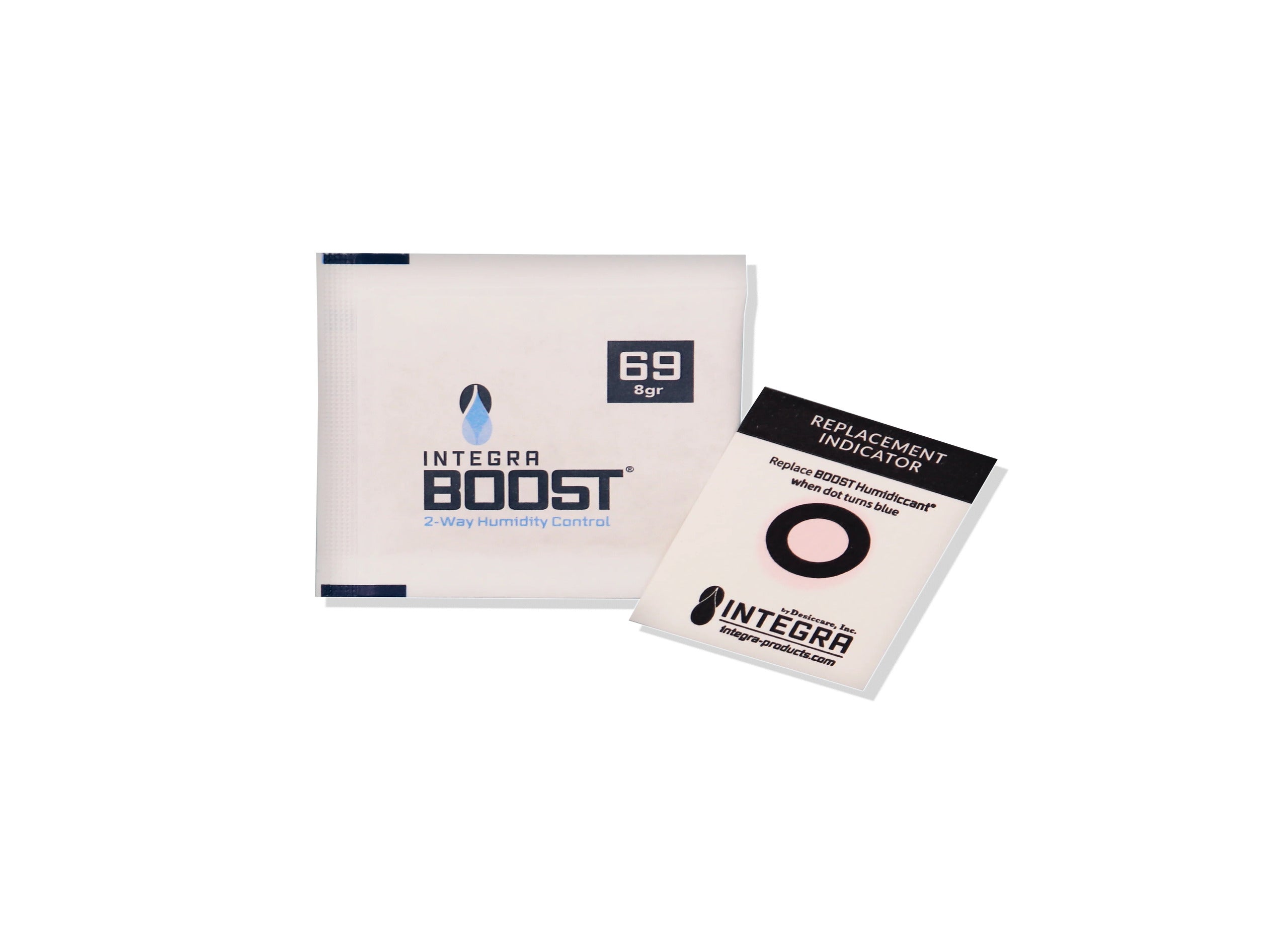Table of Contents
Cannabis edibles and extracts present unique safety and potency challenges that require rigorous laboratory analysis. Full panel testing goes beyond basic cannabinoid measurements to provide comprehensive safety assurance for both manufacturers and consumers. This thorough approach is increasingly becoming the industry standard as regulations tighten and consumer awareness grows.
Understanding Full Panel Testing
Full panel testing encompasses a complete spectrum of analyses that evaluate multiple aspects of cannabis product safety and quality. Unlike limited testing that might focus solely on THC content, comprehensive panels examine:
- Cannabinoid profile (THC, CBD, minor cannabinoids)
- Terpene content and profile
- Residual solvents
- Pesticides and growth regulators
- Heavy metals
- Microbial contaminants
- Mycotoxins
- Foreign matter
The Certificate of Analysis (COA) documents these results, providing transparency about what's in the product. Comprehensive testing is particularly crucial for processed products like edibles and extracts where contaminants can be concentrated or masked.
Unique Challenges for Edibles
Edible products face distinct testing challenges due to their complex matrices and production methods. The infusion process can introduce variables that affect potency and distribution. Additionally, food-based products are vulnerable to microbial growth and require stringent safety protocols.
Homogeneity testing is essential for edibles to ensure consistent dosing across the product. When using automated filling equipment for production, manufacturers can improve consistency but still need verification through testing to confirm uniform distribution of cannabinoids.
Shelf stability presents another concern for edibles. Full panel testing helps determine appropriate shelf life by identifying potential degradation factors or contaminants that could affect product integrity over time.
Extract Testing Requirements
Extracts and concentrates undergo intensive processing that can concentrate both desirable compounds and contaminants. The contaminant testing process is particularly important for these products because:
Residual Solvent Testing
Many extraction methods use solvents like butane, propane, or ethanol. Residual amounts must be below established safety thresholds, making this testing critical for consumer safety.
Pesticide Concentration
The extraction process can concentrate pesticides from the original plant material to dangerous levels. Full panel testing identifies these compounds before products reach consumers.
Potency Verification
Extracts typically contain high cannabinoid concentrations, making accurate potency testing essential for proper dosing and labeling.
Regulatory Landscape
Testing requirements vary significantly by jurisdiction, creating compliance challenges for multi-state operators. State-specific testing regulations often dictate different thresholds and required analytes.
The distinction between batch testing and product testing is important to understand. While batch testing examines representative samples from production runs, product testing evaluates finished items. For edibles and extracts, both approaches may be necessary to ensure safety throughout the production process.
When products fail testing, manufacturers face significant consequences. Understanding what happens after test failure helps companies prepare contingency plans and remediation strategies.
Business Benefits of Comprehensive Testing
Beyond regulatory compliance, full panel testing offers substantial business advantages:
- Enhanced consumer trust and brand reputation
- Reduced liability and recall risk
- Marketing differentiation through quality assurance
- Product development insights from detailed analysis
- Ability to make informed product recommendations based on verified content
Many brands are recognizing that third-party testing builds more consumer trust than in-house analysis. Independent verification provides credibility that internal testing cannot match.
Future of Cannabis Product Testing
As the cannabis industry matures, testing standards continue to evolve. Emerging trends include:
- Standardization of testing methodologies across jurisdictions
- Advanced terpene profiling for more precise effect prediction
- Development of rapid testing technologies for production efficiency
- Integration of blockchain for test result verification and tracking
- Consumer-facing tools to help interpret cannabinoid and terpene percentages
These advancements will further strengthen the safety framework for cannabis products while providing manufacturers with better tools to ensure consistent quality. As federal regulation becomes more likely, companies that have already embraced comprehensive testing will be better positioned for compliance and market leadership.
For producers of edibles and extracts, investing in thorough testing protocols isn't just about meeting current requirements but preparing for an increasingly regulated future where consumer safety expectations will only grow higher.











Leave a comment
All comments are moderated before being published.
This site is protected by hCaptcha and the hCaptcha Privacy Policy and Terms of Service apply.